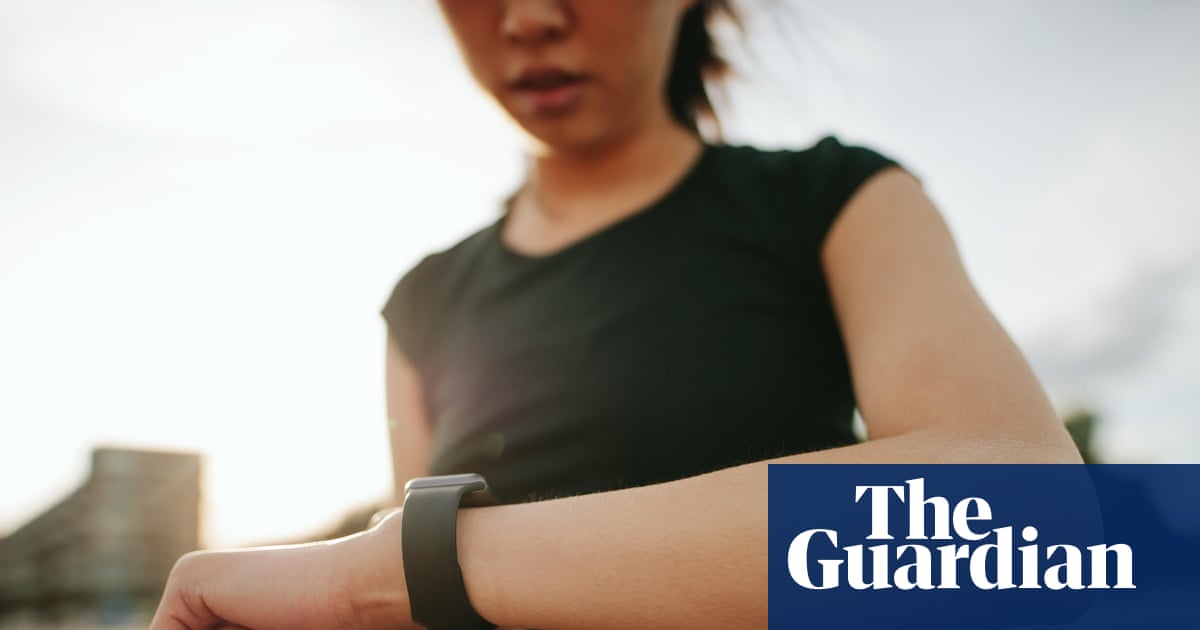- Total News Sources
- 1
- Left
- 1
- Center
- 0
- Right
- 0
- Unrated
- 0
- Last Updated
- 4 days ago
- Bias Distribution
- 100% Left


Study Finds Smartwatches Inaccurate at Measuring Stress in 800 Participants
A series of recent studies reveal that popular smartwatches, including the Garmin Vivosmart 4, are unreliable in accurately measuring users' stress levels. Researchers found almost no correlation between self-reported emotional states and the devices' stress data, which rely mainly on heart rate and heart rate variability; these metrics can also be elevated by excitement or physical activity, confounding stress detection. While fatigue measurements showed only a weak association with user reports, sleep tracking was notably more accurate, particularly in reflecting sleep duration, though it may not fully capture sleep quality. Experts caution that these wearables use generalized algorithms that fail to consider individual physiological differences or contextual factors, limiting their usefulness for mental health monitoring and workplace wellness programs. Garmin itself acknowledges the challenges in interpreting stress data, advising consistent wear and use during sleep to improve insights. Overall, while smartwatches remain valuable for fitness and sleep tracking, their stress alerts should be interpreted with skepticism as they are consumer devices, not precise medical tools.

- Total News Sources
- 1
- Left
- 1
- Center
- 0
- Right
- 0
- Unrated
- 0
- Last Updated
- 4 days ago
- Bias Distribution
- 100% Left
Related Topics
Stay in the know
Get the latest news, exclusive insights, and curated content delivered straight to your inbox.

Gift Subscriptions
The perfect gift for understanding
news from all angles.
